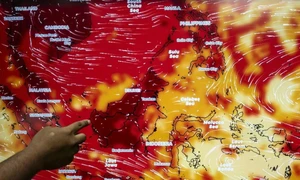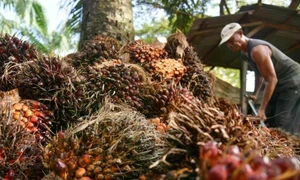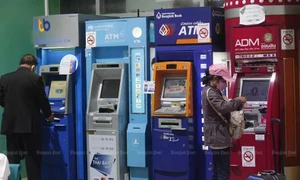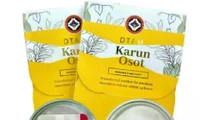On December 13, 2022, the EU announced that it will implement CBAM, requiring all goods exported to the market to be taxed on carbon based on the intensity of greenhouse gas emissions in the production process in the host country. CBAM targets companies moving carbon-intensive production to countries with less stringent environmental regulations to avoid paying higher costs for their carbon emissions, thereby gaining a competitive advantage.
In the transitional phase of the implementation of the CBAM, from October 1, 2023, to December 31, 2025, companies that export to the EU are required to submit reports without fulfilling financial obligations.
During this period, importers must determine and document direct and indirect emissions that occur in the course of the production process of their goods exported to the EU.
According to Auramon Supthaweethum, director-general of the Department of Trade Negotiations, the step alone is likely to pose challenges for many companies because they lack necessary IT solutions for recording and determining carbon dioxide equivalent emissions.

The department has collaborated with the Thailand Greenhouse Gas Management Organisation, the TGO Climate Action Academy, and the Federation of Thai Industries to prepare stakeholders for the implementation of the CBAM on six groups of imported goods including steel and steel products, aluminum, cement, fertilisers, electricity, and hydrogen.
EU importers of these goods will be required to report greenhouse gas emissions data from October 1, 2023, to December 31, 2025. From January 1, 2026, they will need to purchase CBAM certificates based on their greenhouse gas emissions quantities.
Auramon said that countries need flexibility and more time for reporting and data corrections because of their differences in confidential technology-related data reporting, readiness, and stage of development./.























